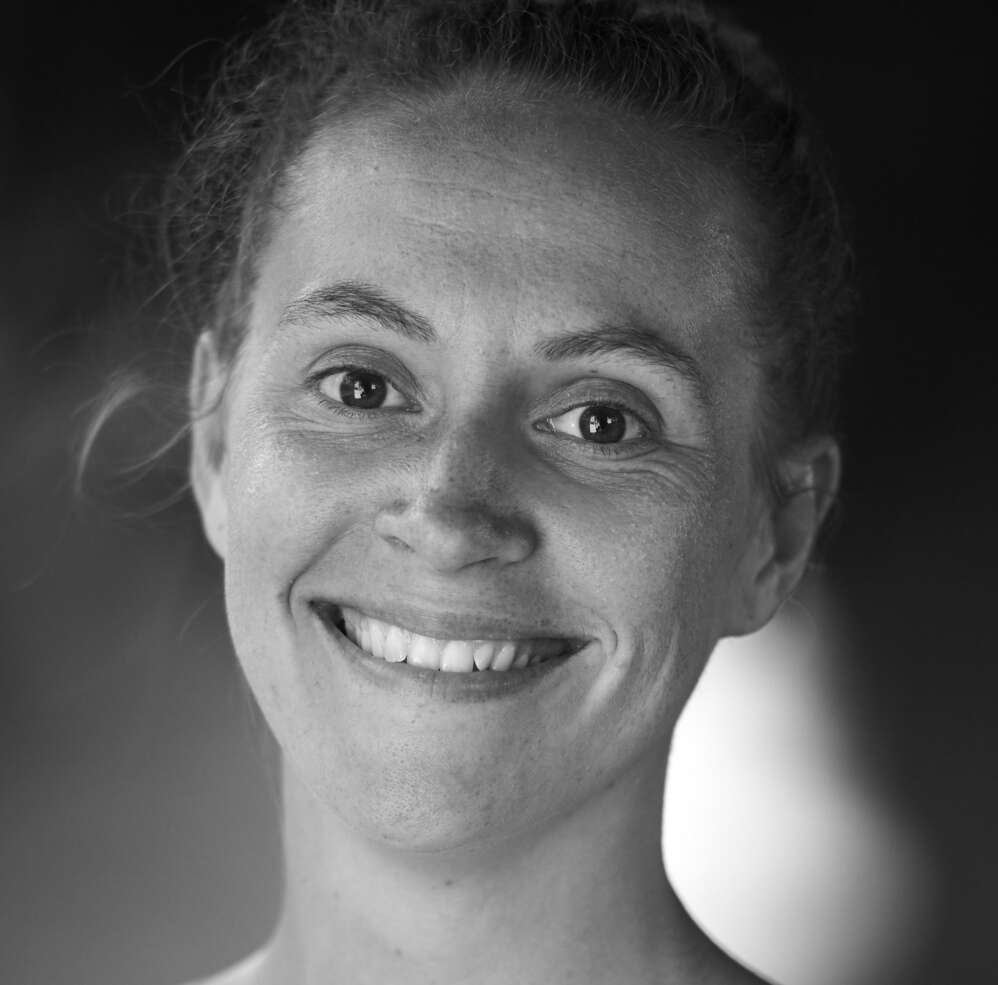WRITTEN BY: Annika Pham
The Nordisk Panorama Forum & Impact Manager details this year’s special digital edition held between September 18-23.

The Nordisk Panorama Forum & Impact Manager details this year’s special digital edition held between September 18-23.
How have you adapted the Forum for the online world?
LMSS: We are doing our utmost to make sure that the quality and value of our events are as high as always. It’s a balancing act to adapt our events to an online setting in a sensible way while making sure the takeaway for the participating professionals is high.
The Forum pitches will be conducted online with 7 minutes for the presentation and 7 minutes for feedback from attending decision-makers – the same format as when we meet physically in Malmö. Participants of the forum who are not pitching or giving feedback will be watching a livestream of the Forum on another password protected platform. Individual meetings between projects and decision-makers will be hosted online mainly in the afternoons but will this year run into evening to accommodate meetings with North American commissioners.
We have also added an extra day to the forum on Wednesday September 23, where different industry experts will make a presentation of an area of their expertise. All Forum participants can additionally request to have individual meetings with the 10 experts.
Would you say that because of Covid-19, NP Forum has an even greater role to play, to facilitate interactions between creators and decision-makers?
LMSS: I think that Nordisk Panorama and the Forum have always played a very important role in connecting the Nordic documentary community – both within the Nordic countries and with the wider international industry. With the massive impact of the pandemic I think it is paramount that the Forum can still offer a platform for filmmakers and producers to present the projects they have in the pipeline and gain the support needed for their films. Both financially and production-wise, the pandemic has put a lot of pressure on many great and important documentary projects and companies.
How would you define this year’s line-up in terms of directors, production companies attending and themes tackled?
LMSS: Nordisk Panorama Forum is a great place to introduce new talented Nordic filmmakers to both the Nordic and international community as well as it serves as an annual meeting place for established producers and filmmakers presenting their projects and furthering new and established collaborations. This year is no different. There is a more or less equal amount of well-established and newer producers and directors attending, presenting intriguing, beautiful and thought-provoking projects. There is a broad variation of themes in the presented projects as well; from environmental issues, indigenous rights and tax evasion, to family drama, female 60+ dance teams and young American missionaries in Finland.
Norway has the strongest line up with 11 projects. Does this reflect a particular trend?
LMSS: It varies a little from year to year. This year we had a lot of strong submissions from Norway, whereas last year Denmark had a strong representation and the year before that was Sweden. I think there has been a positive development for documentaries in Norway over the past years but I don’t think I would coin it as a particular trend.
You also organise the workshops Doc Forward and Doc Impact. When will the next sessions take place for each workshop? So far how successful have they been in attracting quality projects and helping creators improve the international potential of the films and impact strategies?
LMSS: We have had an overwhelming and heart-warming response to the different workshops we have arranged over the last couple of years – both in the number and quality of projects applying, and from the filmmakers who were selected. I’m really excited to see projects from both workshops now being presented at the Forum. Because of the pandemic upcoming dates for workshops are a bit uncertain, but we are aiming to host the next edition of Doc Forward early 2021. More information will follow on this in the fall.